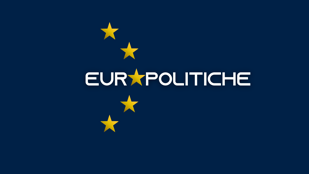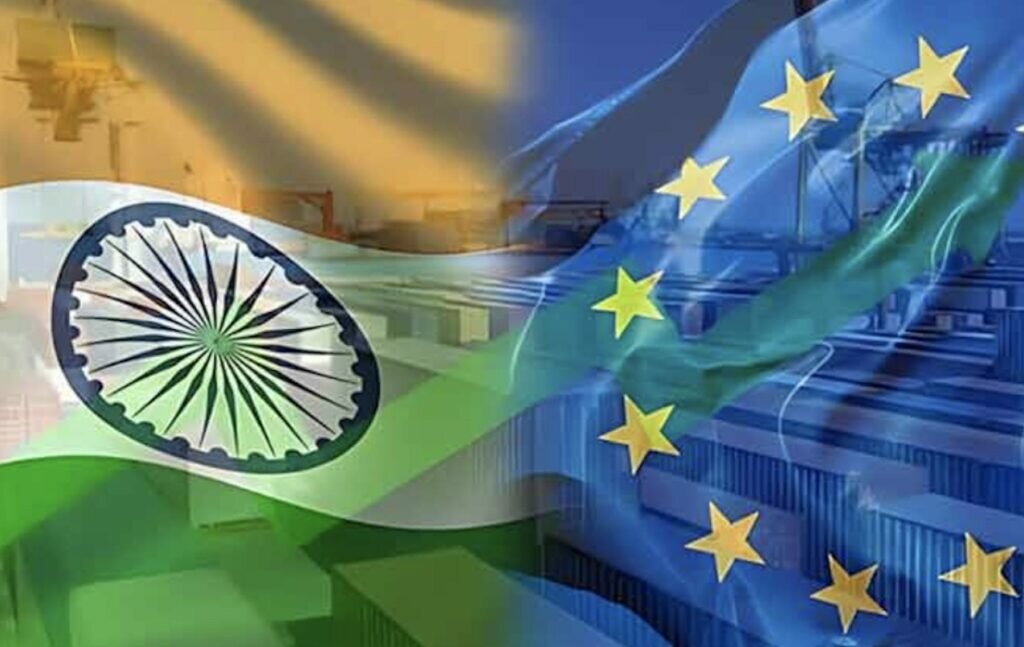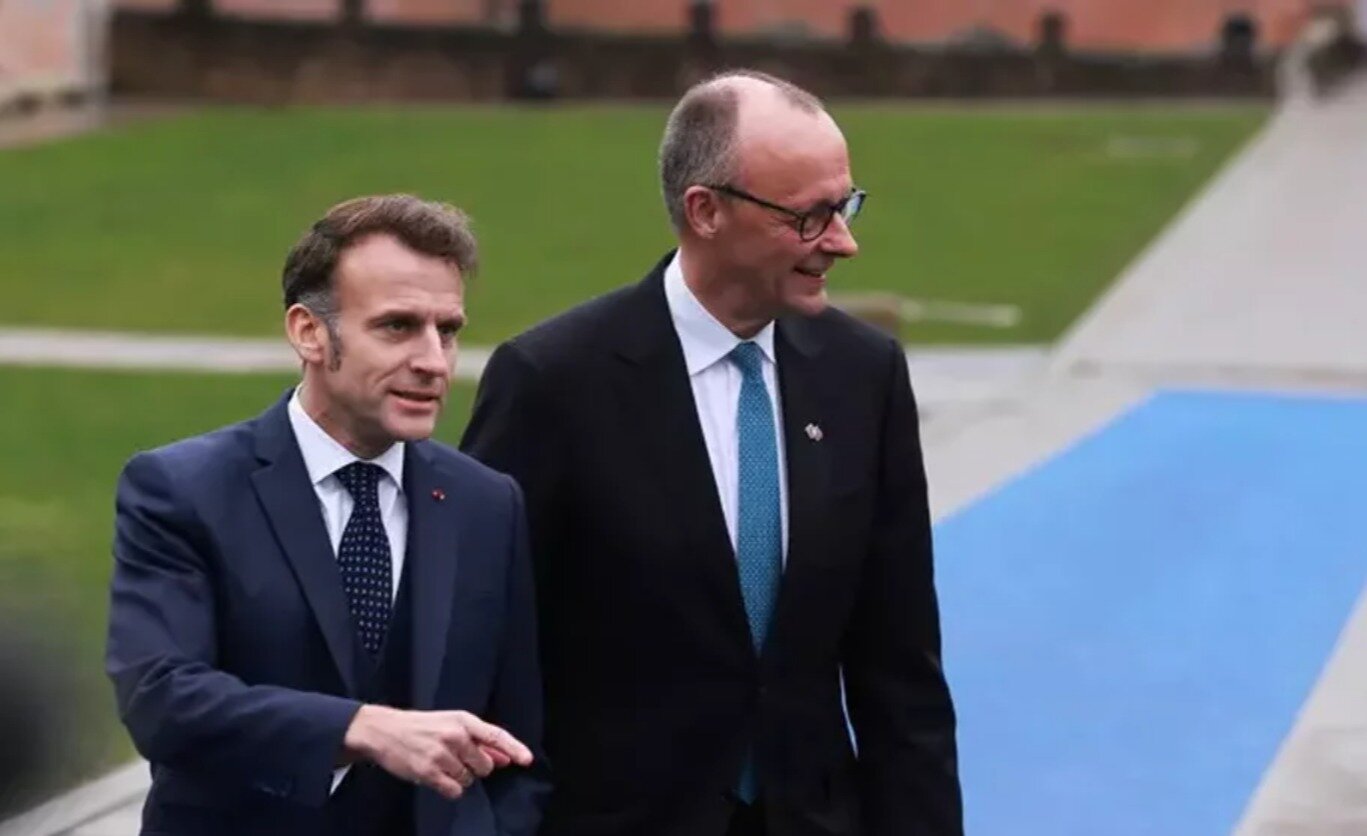EN - After two weeks of debate and negotiations, the 29th Conference of the Parties on Climate Change (COP29) in Baku, Azerbaijan, ended on Sunday 24 November with a controversial outcome to say the least. A tense atmosphere complicated the management by the Azerbaijani presidency, which found itself faced with a confrontation between the North and the South of the world, weakening the multilateralist potential of the COP, which until now had been little influenced by the geopolitical crises and ongoing wars.
By the end of the evening of November 23, a hard-fought agreement on climate finance had been reached, with the adoption of the New Collective Quantified Target (NCQG) requiring developed countries to provide $300 billion (€287 billion) in financial assistance to developing countries to finance their climate transition by 2035.
At around 11:00 p.m. on November 23, after the arrival of a final text and several moments of hesitation, COP President Mukhtar Babayev used the term “closed” to seal the outcome using the same technique as some of his predecessors, such as Laurent Fabius at COP21 in Paris or Sultan al-Jaber at COP21 in Dubai.
Loud protests from many developing countries were inevitable, in an unprecedentedly heated atmosphere in this consensus-governed UN body.
The European contribution
As is known, the Conference was deserted by European leaders. In a press release, the European Commission nevertheless expressed satisfaction with the outcome of the negotiations in Baku. The outgoing Climate Commissioner Wopke Hoekstra said he was “confident” that “the target of 1.3 trillion” in contributions could be achieved by 2035.
The Commission reiterated that “the EU has succeeded in broadening the global contributor base for climate finance” and that the negotiating team sent by Brussels to Baku has “successfully finalised the rules that will strengthen the environmental integrity, transparency and accountability of international carbon markets” as foreseen by the 2015 Paris Agreement. The Commission team also proposed a new roadmap for the reduction of methane emissions to further accelerate the reduction of methane emissions associated with the production and consumption of fossil fuels.
IT - Dopo due settimane di dibattito e negoziati la 29a Conferenza delle Parti sui Cambiamenti Climatici (COP29) a Baku, in Azerbaigian, si è conclusa domenica 24 novembre con un esito quanto meno controverso. Un'atmosfera tesa ha complicato la gestione da parte della presidenza azera che si è trovato di fronte ad una contrapposizione tra il Nord e il Sud del mondo, depotenziando il potenziale multilateralista della COP, finora poco condizionato dalle crisi geopolitiche e guerre in corso.
Alla fine della serata del 23 novembre, è stato comunque raggiunto un accordo duramente combattuto sui finanziamenti per il clima, con l'adozione del Nuovo Obiettivo Quantificato Collettivo (NCQG) in base al quale si richiede ai paesi sviluppati di fornire 300 miliardi di dollari (287 miliardi di euro) di aiuti finanziari ai paesi in via di sviluppo per finanziare la loro transizione climatica entro il 2035.
Verso le 23:00 della sera del 23 novembre, dopo l'arrivo di un testo definitivo e diversi momenti di esitazione, il presidente della COP Mukhtar Babayev ha utilizzato chiuso perentoriamente suggellando l'esito con la stessa tecnica di alcuni dei suoi predecessori, come Laurent Fabius alla COP21 di Parigi o Sultan al-Jaber alla COP21 di Dubai.
Inevitabili le contestazioni a gran voce da numerosi paesi in via di sviluppo, in un'atmosfera accesa senza precedenti in questo organismo delle Nazioni Unite governato dal consenso.
Il contributo europeo
Come noto, la Conferenza è stata disertato dai leader europei. In un comunicato stampa la Commissione europea ha comunque espresso soddisfazione per l’esito dei negoziati a Baku. il commissario uscente per il Clima Wopke Hoekstra ha dichiarato di essere “fiducioso" di poter raggiungere "l’obiettivo dei 1300 miliardi” di contributi entro il 2035.
La Commissione ha ribadito che “l’Ue è riuscita ad ampliare la base globale dei contribuenti ai finanziamenti per il clima” e che il team negoziale inviato da Bruxelles a Baku ha “finalizzato con successo le norme che rafforzeranno l’integrità ambientale, la trasparenza e la responsabilità dei mercati internazionali del carbonio” come previsto dagli accordi di Parigi del 2015. Sempre dal team della Commissione è giunta la proposta di una nuova tabella di marcia per la riduzione delle emissioni di metano per accelerare ulteriormente la riduzione delle emissioni di metano associate alla produzione e al consumo di combustibili fossili.
staff @europolitiche.it








